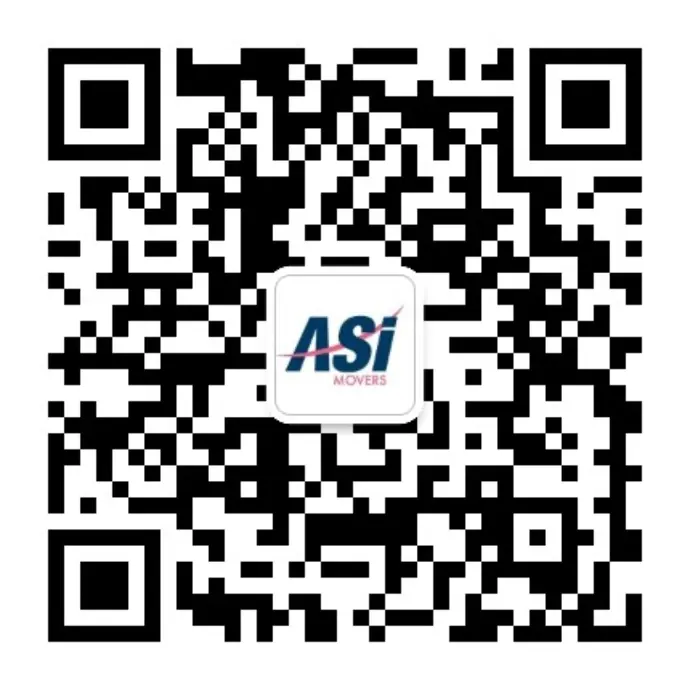Expatriation – as a concept and as its embodiment – has greatly changed over the years: from imposing best practices from the organization’s home country vertically to merging the latter’s culture with the local practices; from offering all-inclusive relocation packages to cost-sensitive MNCs; from assignees and companies knowing what to expect beforehand to individuals and corporations left to deal with a VUCA world daily.
Aware of the challenges one might face when going or sending an employee abroad nowadays, ASI Movers has decided to explore what being a global company or an expat in a VUCA world means and what are the best practices in such an environment.
A VUCA World

The concept of VUCA appeared in the late 1980s, and was first used by U.S. Army War College students to describe the Cold War era:
- Volatile: changes occur fast and suddenly;
- Uncertain: these changes are hardly predictable;
- Complex: a lot of factors need to be considered if one wants to understand the causes and consequences of such changes as the countries and the world are more and more inter-connected;
- Ambiguous: misinterpretation can easily occur.
One can then easily see why the concept of VUCA is used today to describe our environment. Seeing it as such is a great mean to anticipate how to face the challenges it brings along and implement policies able to cope with its side effects.
Organizations in a VUCA World

The volatility, uncertainty, complexity, and ambiguity of the environment force MNCs (Multi-National Corporations) managers to face great challenges:
- The legal framework changes often and in unexpected ways, making the procedure necessary to send an assignee abroad evolve regularly, and sometimes even making it more difficult and costly.
- The countries' political orientations constantly swing between isolationism and openness (which affects the degree to which a country is likely to accept foreigners).
- Countries’ economic stability is volatile, which makes expanding an organization’s activity to a new region risky: will the investment of sending an assignee abroad be worth it?
- The success of an international assignment heavily relies on the employee’s well-being: how to ensure it in an uncertain world?
The most visible consequence of such a trend is the cost-sensitivity companies are more and more prone to display (the latter being less prone to offer all-inclusive relocation packages).
However, to manage international assignees and operations effectively, relying on hold practices originated in the Industrial Era is not a solution, while developing adapted policies would have positive effects:
- Keep updated on your environment and be eager to learn;
- Provide training and formations to your employees for them to be the most effective possible;
- Develop segmented relocation policies and management practices for employees sent abroad to adapt to their specific situation;
- Increase the communication between the different entities in charge of the relocation, as several variables need to be taken into account (the well-being of the employee, the legal framework and tax environment on-site, etc.);
- Be more responsive, and reduce the decision-making process as some argue rapidity is more important than perfection.
Being An Expat In A VUCA World: The Trends

Since responsiveness is key for companies in a VUCA world, one can assume having international assignees could be a great solution: no need to train new staff and, if an individual is mobile, it is easier to assign the right employee to the right place at the right time. However, expats have seen their situation change over the years:
- The job market is more uncertain for expats eager to find a job once on-site.
- The environment - as a whole - is more challenging, especially when one lives in a foreign country, is unfamiliar with the culture, the habits, and is not fully integrated into the society, making the relocation process more complex.
- The cost-sensitivity of the organizations (rooted in the uncertainty of the market) makes it harder than before to obtain extensive expat packages and many even tend to reduce the number of international assignments.
- At the same time, companies pay more and more attention to the employee’s well-being outside of work, as they know it affects their performance and can have an impact on the success of the assignment. As such, they provide more personal support.
- The assignments rarely exceed 3 years, short-term missions are very common to meet the organization’s short-term needs. This can be in contradiction with the employee’s long-term career plan (and its social life).
- Employees sent abroad are now considered as talents – as it is no longer the privilege of top management and seniors.
Expats can thus feel lost, being confronted with a brand new paradigm.

Nowadays, relocating abroad comes with challenges expats and organizations have never been used to dealing with. However, managers are more and more aware of the latter, and are eager to take action, while the attention to the employees’ wellbeing outside of work is rising (since it affects their performance).
Volatility, uncertainty, complexity, and ambiguity can also bring opportunities as they demand more mobility from the employees, the elaboration of new processes (which can be exciting for young staff), and also more curiosity and taste for learning. A VUCA world can thus appear thrilling if one figures out how to manage the challenges it brings along effectively to turn them to one's advantage.
ASI Movers accompanies you in your moving process from, to, and within China with the aim of making the transition the smoothest possible by providing you with comprehensive and tailor-made relocation solutions.
Moving Soon? Request A Free Quote!
